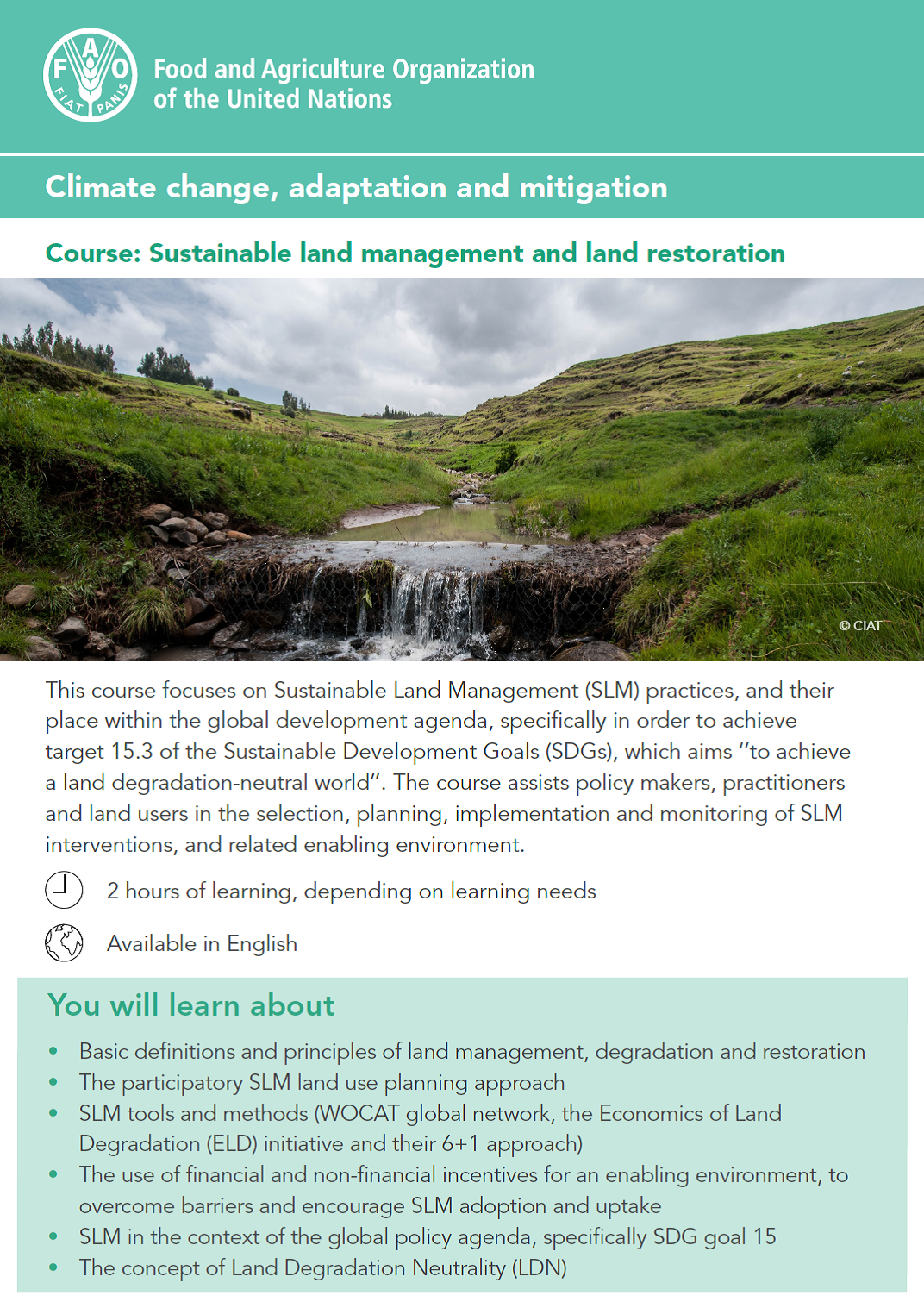Innovative Customary Land Governance in Zambia: Experiences, Lessons Learned and Emerging Impacts
In Zambia, security of tenure for communities residing under customary land tenure settings has in recent years increasingly come under threat owing to the pressures of high rate of urbanization, speculation, subdivision and conversion to state land, which effectively excludes marginal populations from accessing resources for their land. While customary land is a major resource for most Zambians, the inadequacy or total lack of documentation leads to tenure insecurity, making people susceptible to forced displacements, and frequent land disputes.






